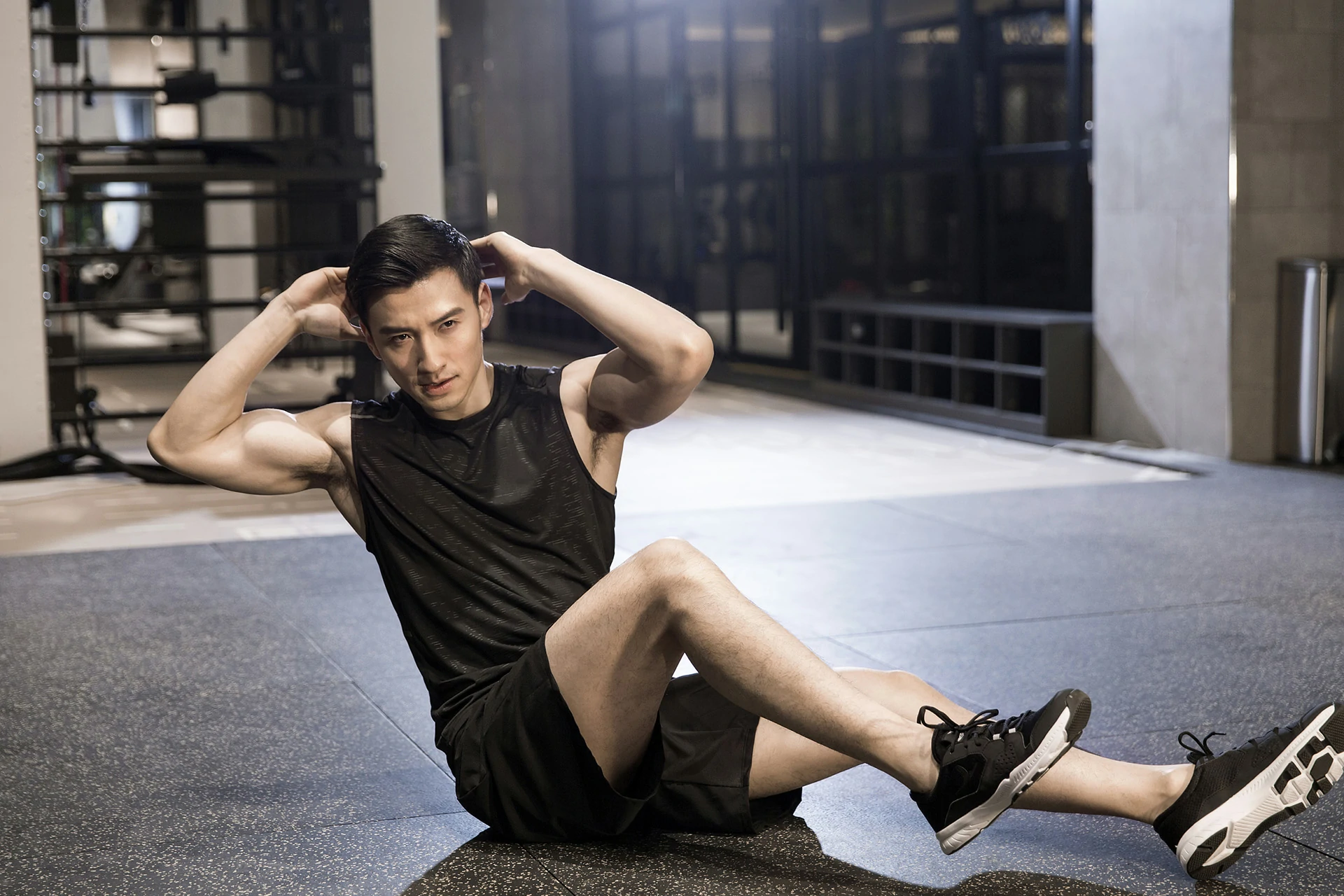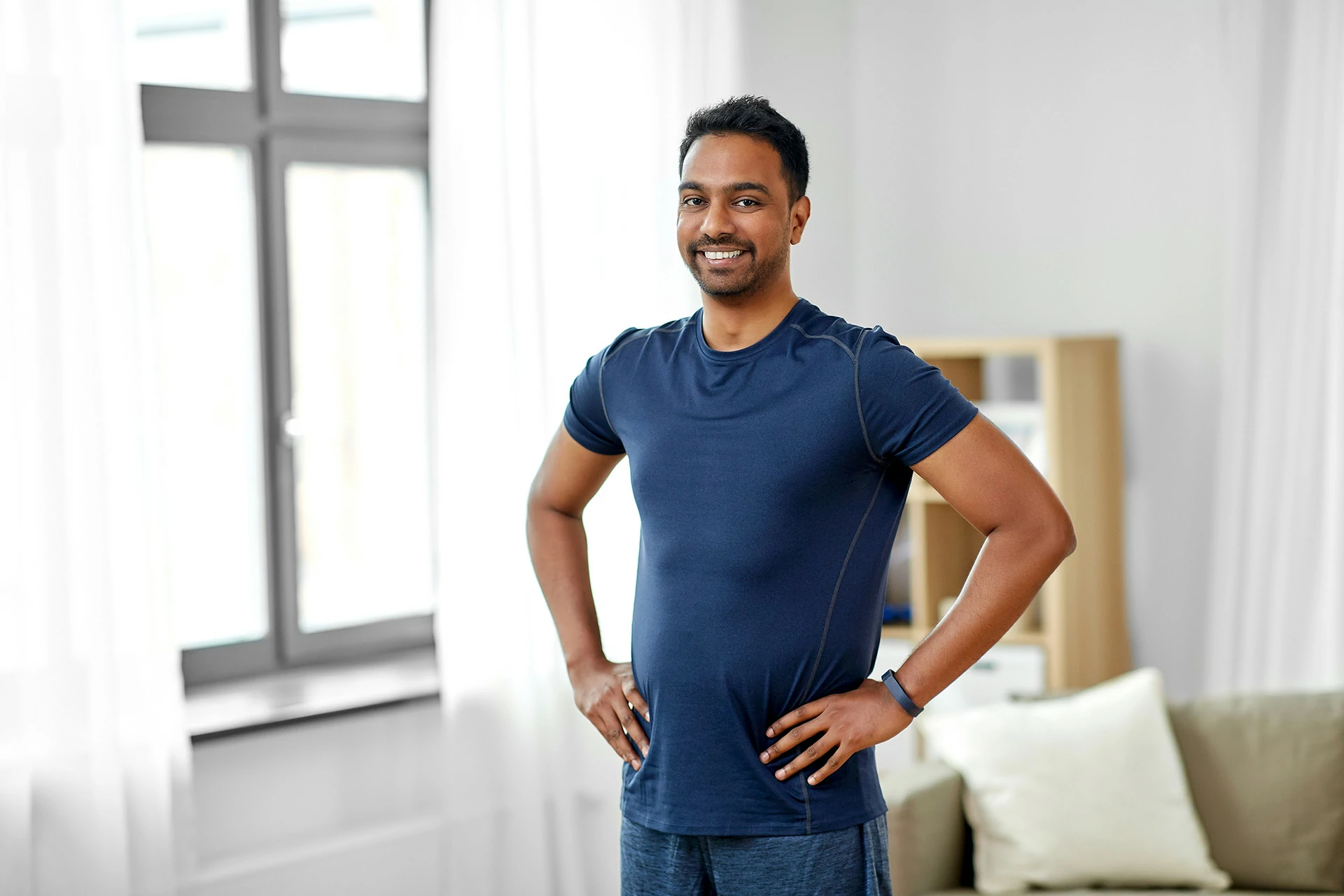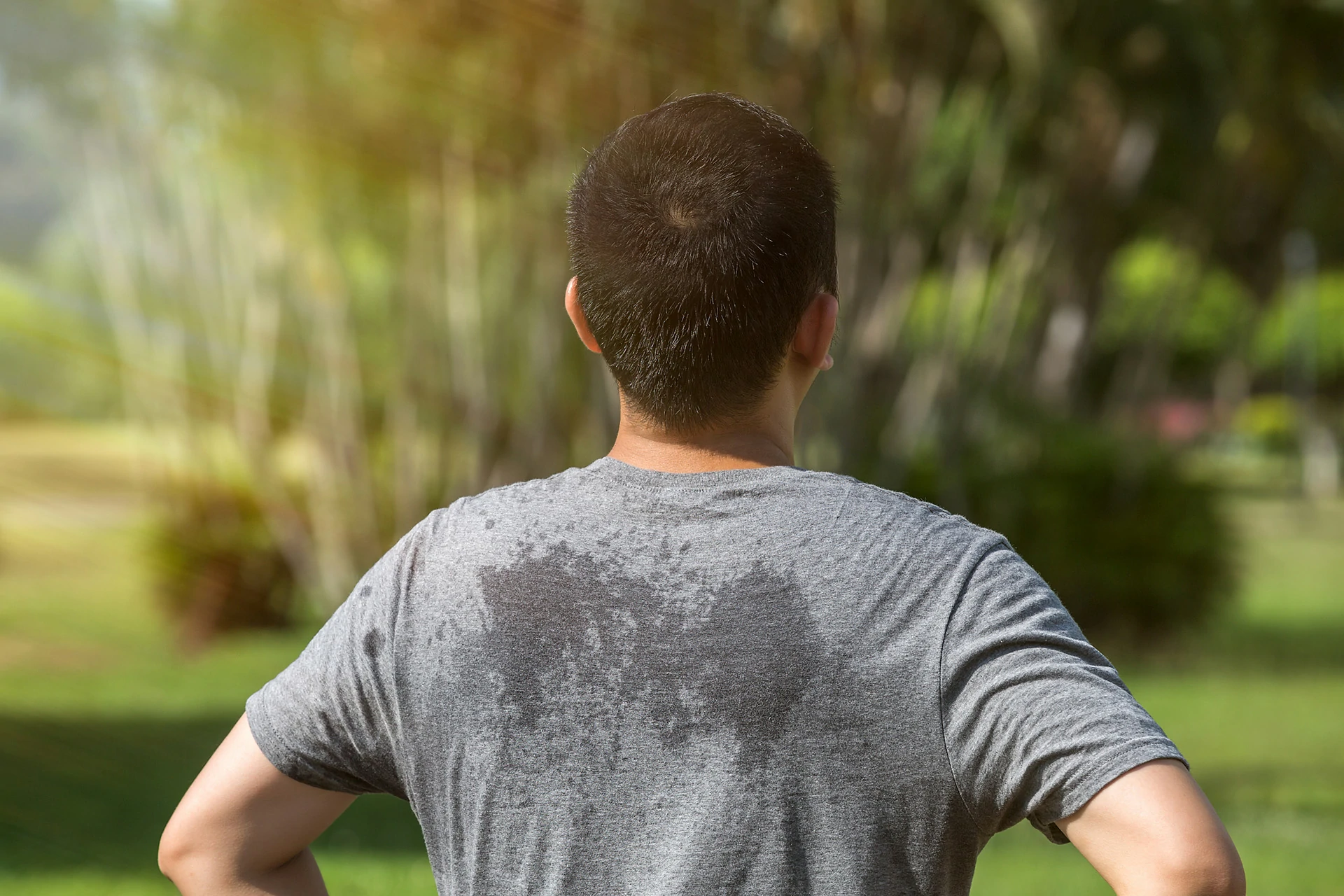
Sweatshirt fabric is one of the most basic fabrics used in circular knitting. As the name suggests, it is used for making sweatshirts. In technical terms, it is known as single jersey or single-face plain knit.
English Name: Single Jersey or Jersey
This fabric is commonly used for spring and summer T-shirts, fashion items, autumn and winter underwear, and sports leisure knitwear. It is also widely used in composite fabrics and fashion accessories, making it one of the most common and versatile knitted fabrics.

Sweatshirt fabric includes:
– Pure Cotton Sweatshirt Fabric
– Modal Sweatshirt Fabric
– Extra Pure Cotton Sweatshirt Fabric
– Milk Silk
– Refined Bleached Sweatshirt Fabric
– Burned-out Luster Sweatshirt Fabric
Based on post-dyeing treatments, it can be categorized into solid color sweatshirt fabric, printed sweatshirt fabric, and navy striped sweatshirt fabric. Depending on the raw materials used, there are blended sweatshirt fabrics such as polyester sweatshirt fabric, acrylic sweatshirt fabric, polyester-cotton sweatshirt fabric, silk sweatshirt fabric, and ramie sweatshirt fabric.

Characteristics of sweatshirt fabric: The weight per square meter is typically 75-135g/cm². It has a smooth surface, clear texture, fine quality, and a soft touch. It has good elongation both horizontally and vertically, with horizontal stretch being greater than vertical stretch. It has good moisture absorption and breathability but may exhibit issues such as fabric shedding, curling edges, and sometimes uneven loop alignment.
Processing Methods: There are two main methods for dyeing and finishing sweatshirt fabric:
1. Refined Bleaching Method: The fabric is boiled, then bleached or dyed, resulting in a dense, smooth fabric with minimal shrinkage.
2. Bleaching Method: The fabric is boiled and then bleached or dyed to produce a soft and elastic fabric.
Pure Cotton Sweatshirt Fabric does not contain spandex, hemp, acrylic, or silk. Its characteristics include no elasticity, good sweat absorption, but it wrinkles easily. It often looks similar to terrycloth.

Modal sweatshirt fabric is popular for underwear, alongside silk and lace. Modal fabric is known for its smooth surface and the addition of stretch yarns during weaving. Typically weighing 150 grams per square meter, it is thin and has good breathability.

Rayon sweatshirt fabric, also known as artificial cotton, may be blended with hemp or other materials like spandex or nylon. Rayon fabric is used for short-sleeve shirts and elderly people’s sweatshirts.
Characteristics of Rayon Sweatshirt Fabric: This fabric is fluffy and has good drape, providing a light and breezy feel. It does not cling to the skin, making it very popular.
Layne | 09-03-2024 | Views 387 times
Sweatshirt Knit Fabric Series: Functions and Composition 1. Introduction to Sweatshirt Fabric Sweatshirt fabric is one of the most basic fabrics used in circular knitting. As the name suggests, it is used for making sweatshirts. In technical terms, it is know...
Layne | 09-02-2024 | Views 358 times
Are you looking for common swimwear fabrics? 1. Common Swimwear Fabrics In the blazing summer, it’s the season for swimwear to shine. So, what are the most commonly used fabrics for swimwear, and how should you select and care for them? 1.1 Lycra (DuPont L...
Layne | 09-01-2024 | Views 388 times
The Versatility of Polyester Stretch Fabric 1. Introduction Polyester stretch fabric is a standout in the textile industry, known for its flexibility, durability, and comfort. This fabric, made from a blend of polyester and elastane (or spandex), is widely us...
Layne | 08-31-2024 | Views 393 times
Nylon Stretch Fabric: The Perfect Blend of Strength and Flexibility 1. What is Nylon Stretch Fabric? Nylon stretch fabric is created by blending nylon fibers with elastane or spandex. Nylon itself is a synthetic fiber known for its toughness, resistance to we...
Layne | 08-22-2024 | Views 426 times
RPET Non-Woven Fabric: A Perfect Blend of Eco-Friendliness and Practicality 1. Background As environmental awareness increases, RPET non-woven fabric is becoming a popular choice in the market. RPET (Recycled Polyethylene Terephthalate) non-woven fabric not o...
Layne | 08-21-2024 | Views 501 times
Introduction to 10 Fabric Finishing Processes 1. Purpose of Fabric Finishing Finishing is a technical treatment that imparts color effects, shape effects (such as smoothness, velvety texture, stiffness, etc.), and practical effects (such as water resistance, ...
Contact us now for a free consult!